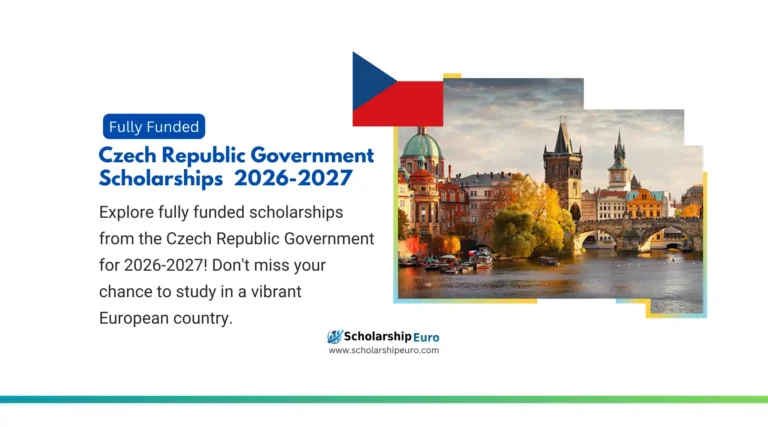GDFs in the UK are vital for ensuring the disposal of nuclear waste because they have strong containers made out of stainless steel or carbon steel as well as back-fill items. This is necessary to know their long-term stability by understanding their corrosion rates, product formations, and gas generation under high-chloride conditions.
To achieve this goal, a research program on material corrosion in hypersaline environments is being conducted, which employs both short-term and long-term field experiments together with statistical analysis methods used on them.
Objectives of the PhD project include:
- Develop and implement short-term electrochemical/statistical techniques to create probabilistic pit stability maps for various material/environment combinations representative of GDFs.
- Identify boundaries in pit stability maps where localized attack is likely, assigning confidence limits to support material selection/suitability decisions.
- Develop long-term corrosion test methodologies to quantify general/localized corrosion rates, hydrogen evolution, and corrosion product formation, reducing uncertainty in corrosion prediction.
- Perform long-term periodic removal of coupons to determine whether the attack is propagating/non-propagating, providing enhanced understanding in severe conditions.
- Support a PhD student to become a specialist in the field of corrosion relevant to GDF environments.
Requirement
Entry requirements
Candidates will have, or be due to obtain, a Master’s Degree or equivalent from a reputable university in an appropriate field of Engineering. Exceptional candidates with a First Class Bachelor’s Degree in an appropriate field will also be considered. Applicants are advised to check with the relevant School prior to making an application.
English language requirements
The minimum English language entry requirement for research postgraduate research study is an IELTS of 6.0 overall with at least 5.5 in each component (reading, writing, listening, and speaking) or equivalent. The test must be dated within two years of the start date of the course to be valid. Some schools and faculties have a higher requirement.
Please note that you must provide the following documents in support of your application by the closing date of 15 July 2024:
- Full Transcripts of all degree study or if in the final year of study, full transcripts to date
- Personal Statement outlining your interest in the project
- CV
How to Apply
Applications for research degrees should be submitted formally online via the university website. The research degree you wish to be considered for is Probabilistic corrosion analysis for secure long-term geological disposal of nuclear waste in high-chloride environments. Professor Richard Barker is your proposed supervisor.
In the research information section, please clearly state that you are applying for EPSRC CDT SATURN – Nuclear Science and Engineering. Finally, in the finance section, please clearly state that the funding source you are applying for is EPSRC CDT SATURN.


